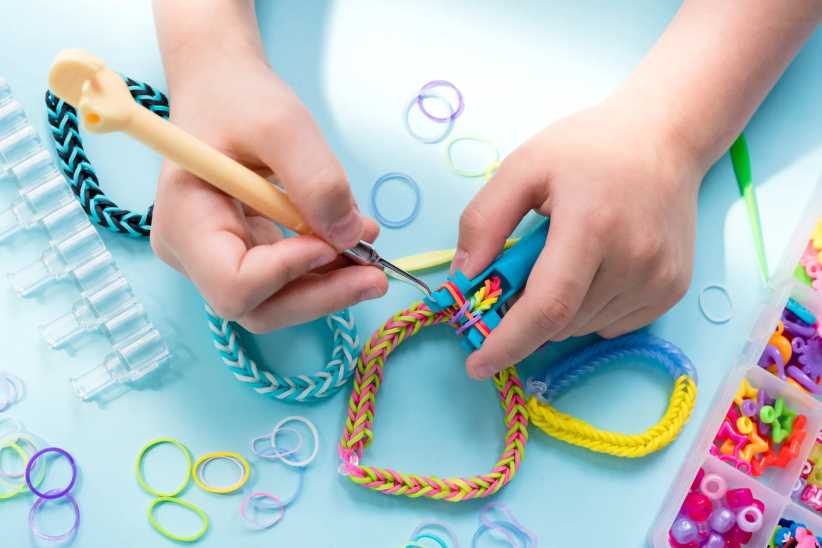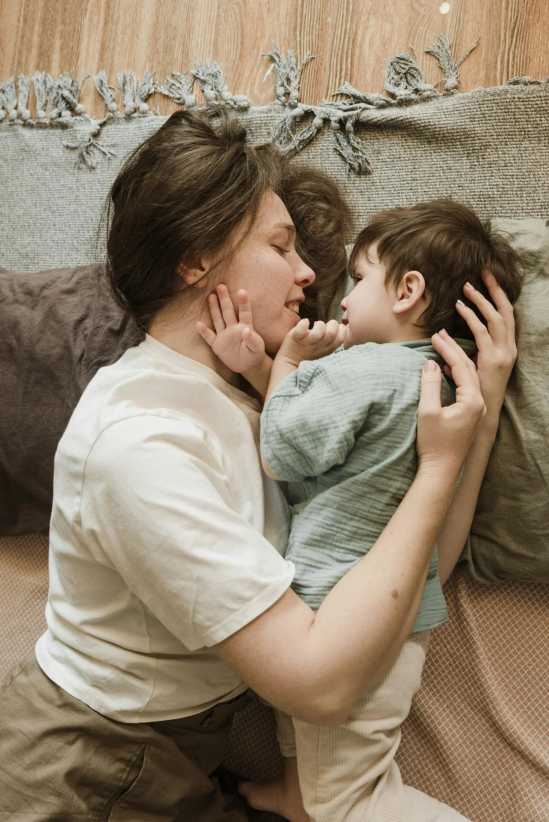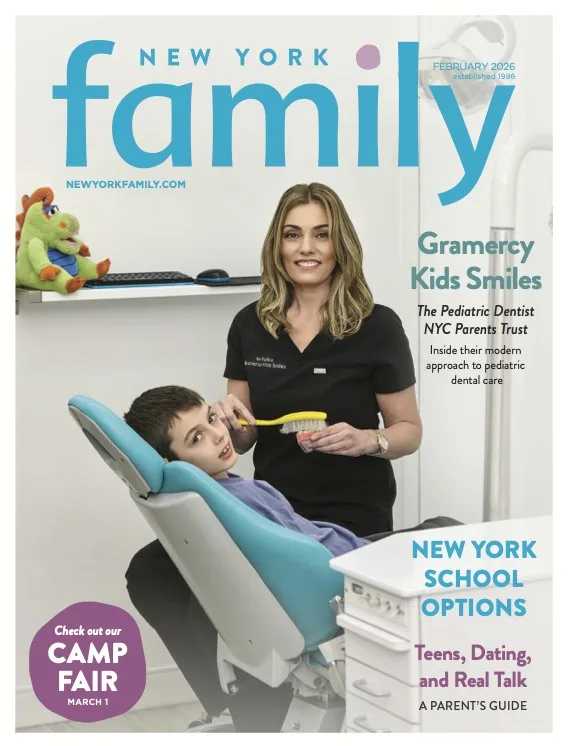It’s that most taxing of times, and we thought it a perfect one to ask Sally Tannen, Director of 92Y’s Parenting Center and new Grandparents Center, for her thoughts on the topic of children and money.
Q: We’re the parents of a 3-year-old. At what age should we begin teaching her about money?
A: Money is an abstract concept for young children, but by the age of three a child can begin grasping the idea that in order to acquire things, we need to pay for them, that we are able to pay for them by earning from working, that we sometimes need to save for what we want, and more. These are sophisticated concepts, but through a combination of everyday experiences together: talking about the role of money when you go to the market, the bank or ride the bus … and play-acting: setting up a pretend grocery store in the kitchen or making a toy train layout with a toll bridge, you can begin explaining them to her. This is more challenging than it has traditionally been, with cash a vanishing medium — a swipe of a credit card doesn’t make the same impression (on children or adults!) as counting out bills and coins — so regular conversations and teaching moments with your child are more important than ever.
The takeaway: Even young children can start learning the basics of money matters. Mix real life experiences with play, and you’ll lay important groundwork.
Q: My husband thinks our 5-year-old should begin getting an allowance for doing small chores around the house. I’m not convinced. What are your thoughts?
A: This is an entirely personal decision, and there is no right or wrong answer, but my basic feeling is that children are citizens of the household — a household in which everyone participates and has responsibilities. For a young child, the responsibilities could be as simple as setting the table or scooping food into the cat’s bowl every morning. I don’t personally feel that age-appropriate contributions to the daily functioning of the family home should result in a monetary reward. In fact, I think keeping allowance a separate issue (and primarily for older children) gives little ones a wonderful and very natural opportunity to build self-esteem. When children participate in chores, they take pride in their accomplishments, they earn recognition as valuable contributors to the family, they learn important skills toward independence, and they gain satisfaction from pleasing others — all for its own sake. There are many ways to handle an allowance for older children, and my advice there is to set the stage for any approach in the earliest years, with a good and regular dialogue with your kids about money — earning it, spending it, saving it, sharing it — so that your general philosophy as parents is imparted to your children well before they begin to manage financial matters on their own.
The takeaway: Consider thinking about an allowance as something that is “awarded” to a child once she is old enough to begin managing money with some independence, not something she is “rewarded” with for basic household contributions.
[gravityform id=”13″ title=”false” description=”false” ajax=”true”]
Q: What are some creative ways we can teach our kids about money and the importance of saving?
A: A colleague recently shared a wonderful idea she has used with her family, which is part lesson in saving/part fun craft project. Ask your kids to think of something they’ve been wanting. Give each of them a clean, empty coffee can, a stack of magazines, a pair of child-safe scissors and a glue stick. Have them look for images related to their theme (you can search online together, too). Let them cut out the images and paste them, collage-style, all around the can. Mom or Dad cuts a wide slit in the plastic top, and the child has a customized piggy bank, or “dream can.” Saving for something that is wanted teaches a child the concept of delayed gratification, encourages patience, fuels motivation and more. It can also provide the answer when family members ask what they can give a child for his birthday or a holiday, allowing them to be part of the saving plan and its ultimate result.
The takeaway: “Saving money” is an abstract idea that even many grown-ups struggle with. Teach your child how to do it by focusing on a specific wished-for thing or experience, and give it a creative framework.
Q: My husband and I are fortunate to live in a nice home, go on vacations and not want for much. But we don’t want our children to grow up without an appreciation for the value of things, or for others who aren’t as fortunate. Talking about money seems so “heavy” for young kids, yet we don’t want them taking things for granted. Any advice?
A: First, it’s great that you are so conscious about the subject. And there are a multitude of things you can do every day to help shape your children’s character in the direction so important to you. Some advice: Talk with your children about how the family has all it does because Mommy and Daddy work hard at their jobs — that “having” is the result of “earning” … talk about how vacations and such are very special, and something only possible with hard work and the hard work of saving … talk about charity. Living in New York City, kids regularly see examples of abundance and destitution, sometimes on the very same block. Teach your children that being comfortable means more when we share the plenty with those less fortunate. 92Y was formed with Jewish values at its core. Whether your family is Jewish or not, the concept of Tzedakah — the responsibility to help the needy — is something that can be instilled in every young person, to help set them on a path of charity and doing right by doing good.
The takeaway: Talking with children about money means talking with them about values. It’s win/win.
Director of 92Y’s Parenting Center and new Grandparents Center, Sally Tannen has been supporting early childhood parents, building community, and creating and offering activities and classes for babies, kids, parents and grandparents for thousands of NYC families for more than 25 years. A mother of four and grandmother of three, Sally’s personal experience continues to enrich and inform her work. To learn more about the 92Y, visit 92y.org!














